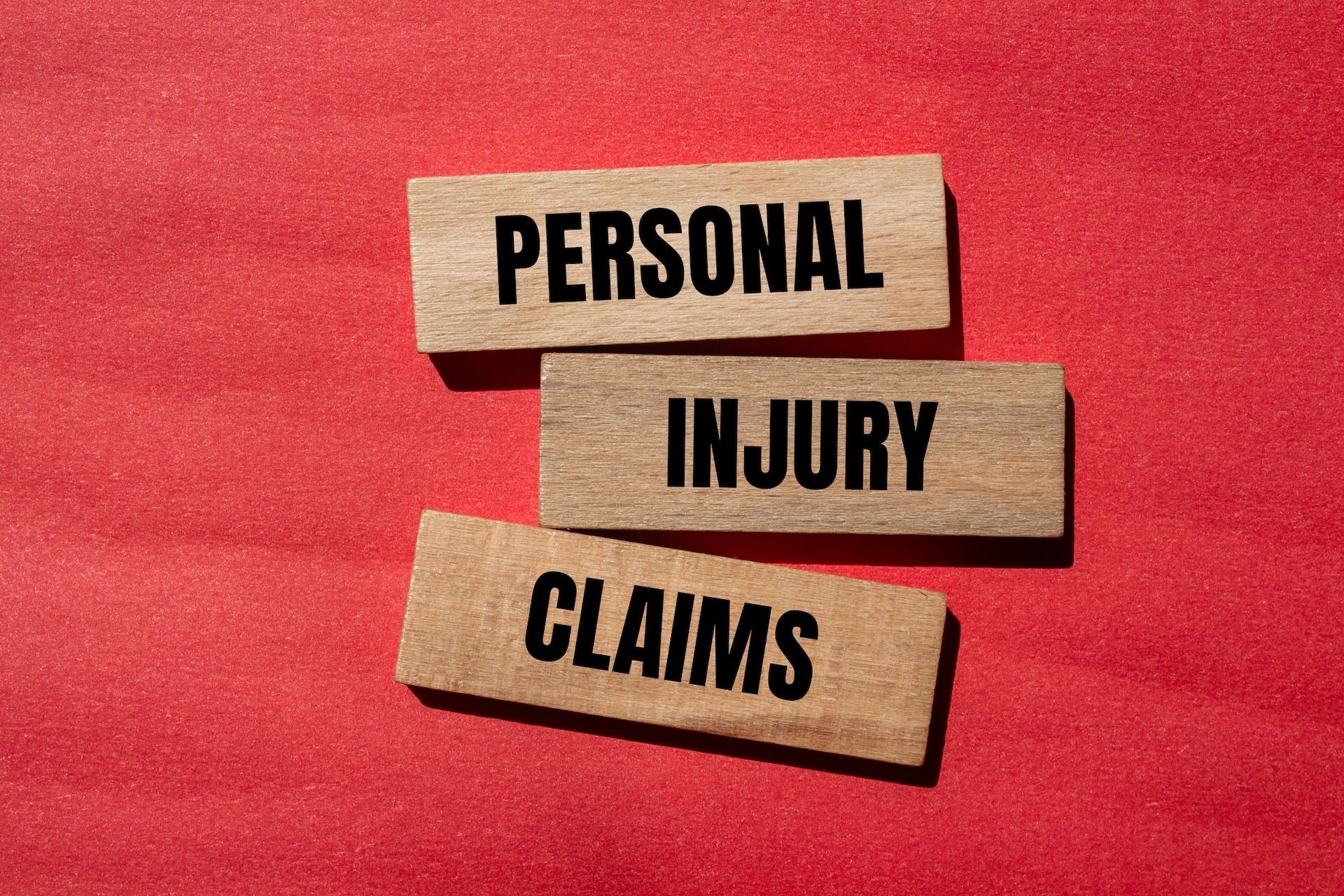Frank Urgovitch v. Shred-Tech USA LLC, Shred-Tech USA Inc., Shred-Tech Corporation and Information Destruction System

Case Name
Frank Urgovitch v. Shred-Tech USA LLC, Shred-Tech USA Inc., Shred-Tech Corporation and Information Destruction System
Type of Injury
FOOT AMPUTATION
Occupation
Truck Driver
Location
Passaic County, NJ
Verdict
The parties agreed to settle for $900,000, during mediation with John E. Keefe Sr., former presiding judge of the Appellate Division of the New Jersey Superior Court and now of the Keefe Law Firm, in Red Bank.
Verdict Amount
$900,000
Case Details
On May 22, 2015, plaintiff Frank Urgovitch, 51, a truck driver for a mobile paper-shredding company, had the toes of his right foot severed in a paper-shredder.
Urgovitch and another employee had gone into an office building in Passaic County to collect paper for shredding. The shredder in the truck jammed and, as Urgovitch and other employees had allegedly often done before, he jumped on top of the paper in the hopper, which is funnel-shaped. The jam cleared and his right foot slipped into the blades. His toes were cut off and ultimately part of his foot had to be amputated.
Urgovitch sued the Canada-based company that manufactured the paper-shredding truck, Shred-Tech Corp. He also sued the company’s American subsidiary, Shred-Tech USA LLC. In addition, he sued his employer, Information Destruction Systems, but the company was dropped from the case.
Urgovitch brought a products liability, design-defect claim under the foreseeable-misuse theory. Counsel for Urgovitch argued that it was reasonably foreseeable that a worker might climb on the funnel and kick the paper in order to clear a paper jam. To prevent this, counsel claimed, the shredding truck, Shred-Tech model No. MDS-35GT should have had a safety guard over the shredder. It was clear that the company knew such an accident was foreseeable because it had retro-fitted its trucks’ shredders with safety guards for its two biggest customers, although it did not for smaller clients. Moreover, all new trucks the company made came with the guards. Counsel further claimed that the emergency-stop button for the shredder was improperly located. When Urgovitch’s foot was caught in the blades, his co-worker had heard his screams and hit the emergency-stop button, because Urgovitch said it was out of his reach.
An expert engineer for Urgovitch said the shredder should have been manufactured with a safety barrier and the emergency stop switch should have been within reach of the hopper.
Shred-Tech argued that Urgovitch was comparatively negligent because he should have known it was dangerous to put his foot in the hopper. The company also claimed he had used the shredder incorrectly.
Counsel for Urgovitch countered that under the foreseeable-misuse theory, if a product’s misuse was obvious to the manufacturer, then proximate cause is pre-determined and comparative fault could not be charged to the plaintiff.
Disclaimer: The information on this website and blog is for general informational purposes only and is not professional advice. We make no guarantees of accuracy or completeness. We disclaim all liability for errors, omissions, or reliance on this content. Always consult a qualified professional for specific guidance.








